Education
Life Science and Technology Undergraduate Major5 Features
Unlock the secrets of life at the best life science school in Japan
-
1
Japan's Largest Education and Research Organization
for Life Science and Technology Enables Students
to Study a Wide Range of Fields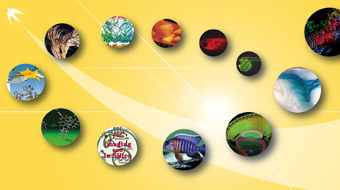
The Department of Life Science and Technology has the largest life sciences undergraduate program in Japan, where students can broadly study the discipline not only from a science and engineering viewpoint, but also from pharmacological, medical, and agricultural perspectives.
-
2
Cutting-Edge Research That Extends to Chemistry, Physics, Materials, and Information Science
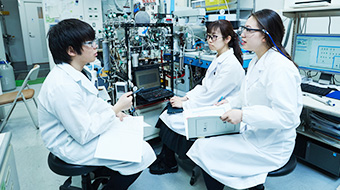
At the Department of Life Science and Technology, approximately 70 professors and associate professors conduct cutting-edge research in a broad range of fields. The research fields are not limited to biology, but extend to other scientific fields including chemistry, physics, material science, and information science.
-
3
Fostering Creativity and Allowing Early Initiation of Research
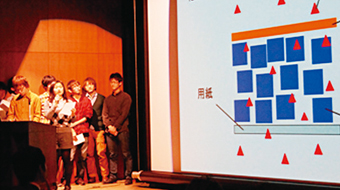
We foster students' creativity and problem-solving skills through active learning so that each one of them can gather information and apply his or her ingenuity to solving problems. In addition, students are encouraged to visit laboratories and begin research early in their bachelor's program, as this practice has become institutionalized.
-
4
Studying Abroad and Internships
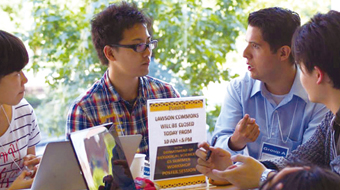
A set of well-established international exchange programs and short-term study programs with other institutions are available, in which undergraduate students are encouraged to participate. Taking part in internships at companies is also encouraged. Credits will be awarded in recognition of these activities.
-
5
Early Enrollment in Graduate-Level Courses
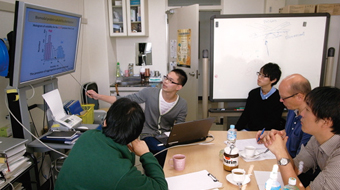
Because most students continue to study at the graduate level, the School allows them to take graduate-level courses while still in the fourth year of their undergraduate program, as well as to graduate early, if eligible.
